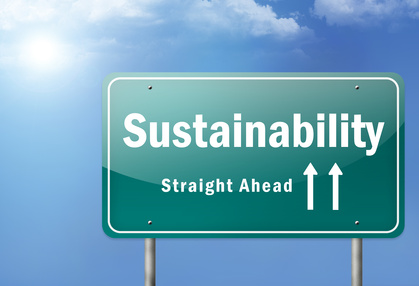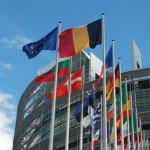Heritage as sustainability
MR Energy Systems, as a member of GBC Italia, is particularly glad to announce this event which will take place in Venice this coming Friday 22nd of June 2012. The important international event with the participation of international institutions as UNESCO and World GBC, and an exceptional speaker as Rick Fedrizzi, president of U.S. GBC and chair of World GBC.
The event intends to present the ambitious development of a protocol for the sustainability of Historic Building, where Italy (GBC Italia) will play a leadership role in the international context. The protocol has the aim of merging two very important concepts: the LEED® sustainability criteria on one side, and the enormous Italian knowledge of restoration and conservation of historic heritage. An innovative standard, with the aim of facilitating the culture of sustainability in the built environment, and the conservation and protection of values and culture. A tool which will make the dialogue between operators and public authorities easier and more measurable.
The registration to the event is free of charge until the end of available places.



